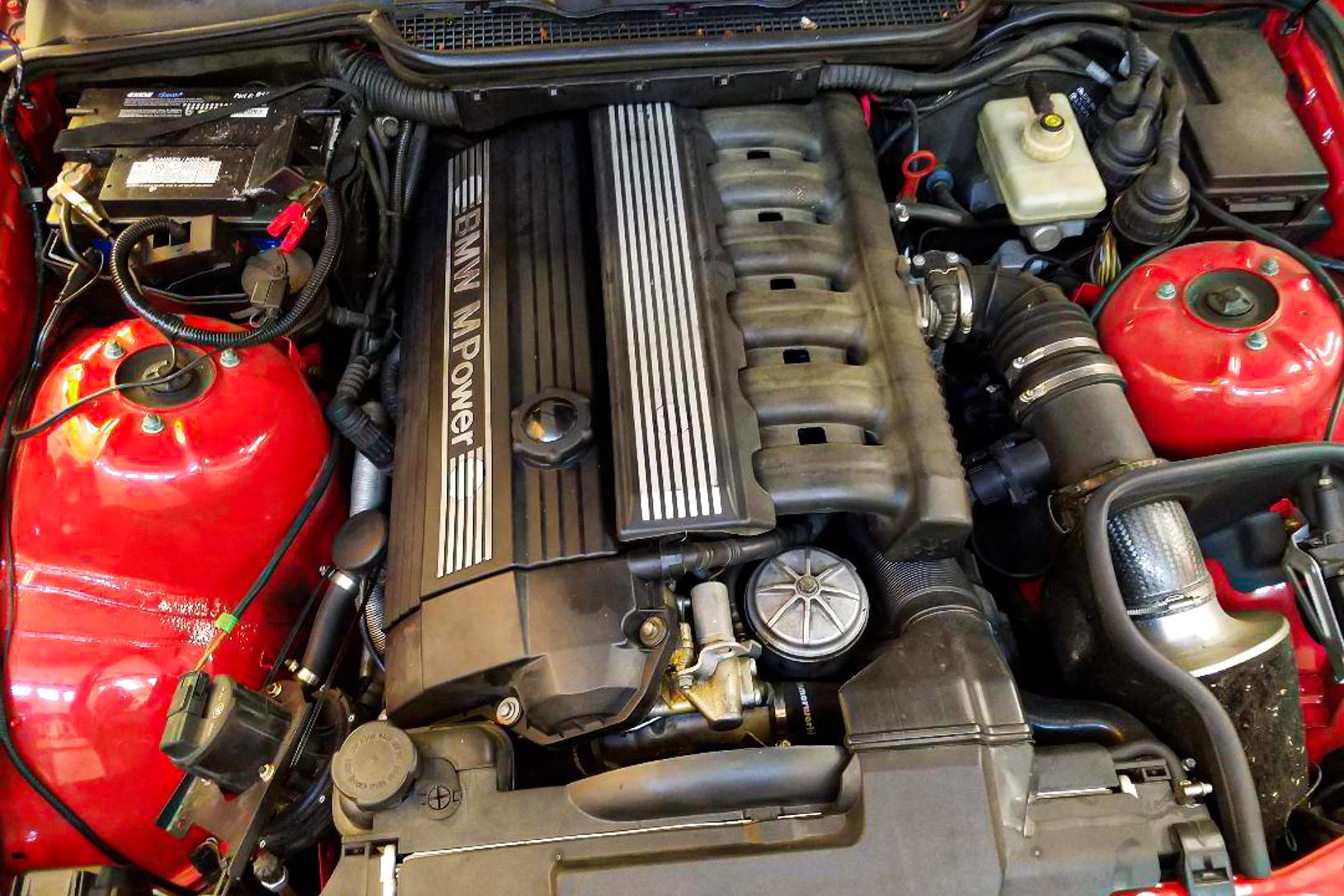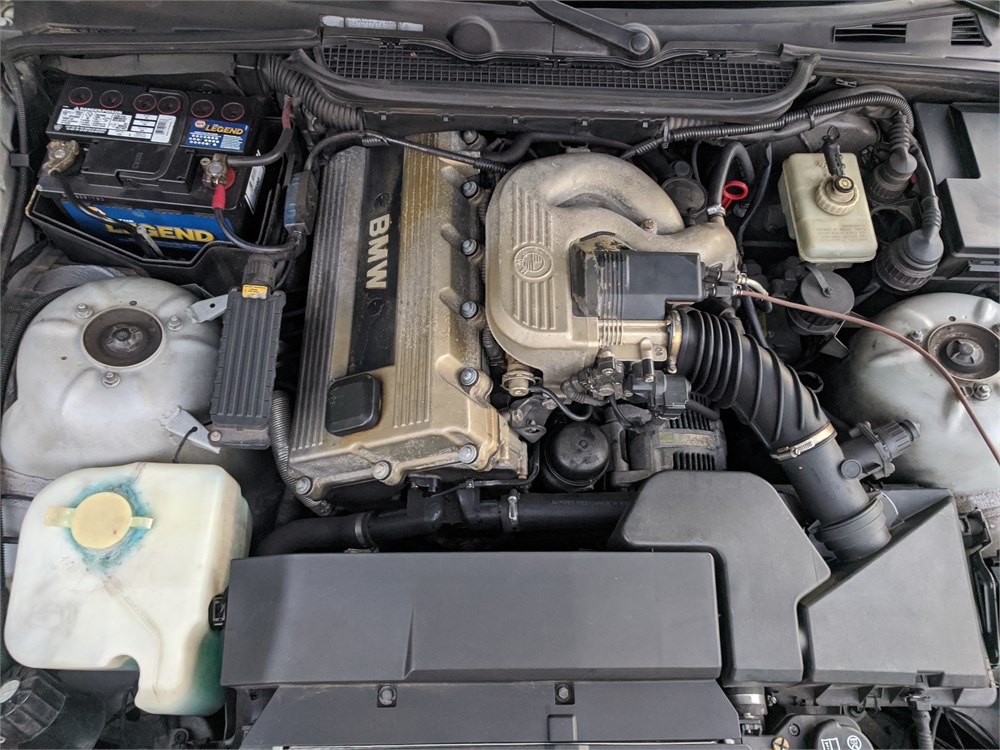BMW 318ti: Efficiency Specifications and Qualities Explained
Important Factors To Consider for Selecting the most effective Engine for Your Demands
In the realm of picking the optimal engine to fulfill your demands, numerous critical aspects need precise factor to consider to guarantee optimum performance and performance. From the nuanced balance in between power and efficiency to the often-overlooked elements of upkeep and solution requirements, each element plays a critical duty in identifying one of the most suitable engine for your particular demands. As the intricacy of engine innovations proceeds to develop, critical one of the most fitting option requires a deep understanding of the interaction in between different factors to consider. By exploring the elaborate internet of variables that underpin this decision-making process, a clearer path arises in the direction of selecting an engine that not only satisfies however exceeds your assumptions.
Power and Performance
When reviewing engines for optimal performance, it is crucial to prioritize both power outcome and performance. Efficiency refers to exactly how well the engine transforms gas right into usable power. By meticulously evaluating both power and effectiveness, you can select an engine that supplies optimum performance and meets your demands efficiently.
Fuel Effectiveness and Economic Situation
In the realm of engine selection, the factor to consider of gas performance and economic situation holds extremely important importance. Fuel efficiency refers to the engine's capability to transform gas right into energy with marginal waste, straight influencing operating expense and environmental sustainability. bmw 318ti. When choosing an engine, assessing its fuel economy is essential to identify long-lasting cost savings and ecological effect. Engines with higher fuel efficiency not just reduce fuel expenses yet additionally lower carbon exhausts, adding to a greener operation.

Compatibility and Application
Taking into consideration the fuel effectiveness and economy of an engine, the following crucial aspect to address is its compatibility and application within certain functional contexts. Compatibility refers to how well the engine integrates with the general system or tools it powers.
Different engines are designed for specific purposes, whether it be industrial machinery, aquatic vessels, automobiles, or power generators. Understanding the intended application allows for the option of an engine that can supply the required power result, torque, and functional features.
Maintenance and Solution Needs
Maintenance and service demands play an essential function in making certain the longevity and ideal efficiency of an engine. Normal upkeep is important to protect against breakdowns, extend the life expectancy of the engine, and preserve its performance. When choosing an engine, it is essential to think about the producer's suggested maintenance routine and the schedule of solution facilities or certified technicians.
Elements such as the frequency of oil adjustments, filter substitutes, and overall evaluations can dramatically influence the engine's efficiency. Some engines might need even more regular servicing based on their design you could look here and usage, while others may have longer intervals between maintenance checks. It is vital to stick to these solution needs to stay clear of expensive repair services and unforeseen downtime.

Expense and Budget Factors To Consider
When picking an engine for a specific application,Budget restraints typically play a significant function in the decision-making procedure. When thinking about the cost and budget plan implications of selecting an engine, it is important to analyze not only the first purchase cost but likewise the long-term costs connected with maintenance, gas intake, and prospective upgrades or fixings. It is important to strike an equilibrium between the in advance price of the engine and its general lifecycle prices to guarantee that the picked engine remains economically lasting throughout its functional lifespan.
Aspects such as fuel resilience, effectiveness, and reliability can directly affect the complete price of possession of an engine. While an extra expensive engine may have higher ahead of time costs, it could potentially result in lower maintenance and fuel expenses in time, therefore providing much better worth in the future. In addition, considering the accessibility and expense of spare parts, in addition to the simplicity of maintenance and service, can help prevent unexpected financial pressure in the future. By very carefully reviewing these price and spending plan factors to consider, you can make an educated decision that aligns with your functional demands and financial constraints.
Conclusion

Fuel effectiveness refers to the engine's capacity to convert gas into energy with very little waste, straight impacting operating expenses and ecological sustainability.Variables influencing fuel performance include engine style, burning performance, and overall performance optimization. Furthermore, choosing the ideal gas type and quality as advised by the engine manufacturer can even more improve effectiveness and lengthen engine life-span.
Engines with excellent serviceability features and conveniently available parts can decrease maintenance expenses and lessen the time the engine is out of procedure - bmw 318ti. It is crucial to strike a balance between the ahead of time cost of the engine and its overall lifecycle costs to ensure that the chosen engine remains financially sustainable throughout its operational lifespan